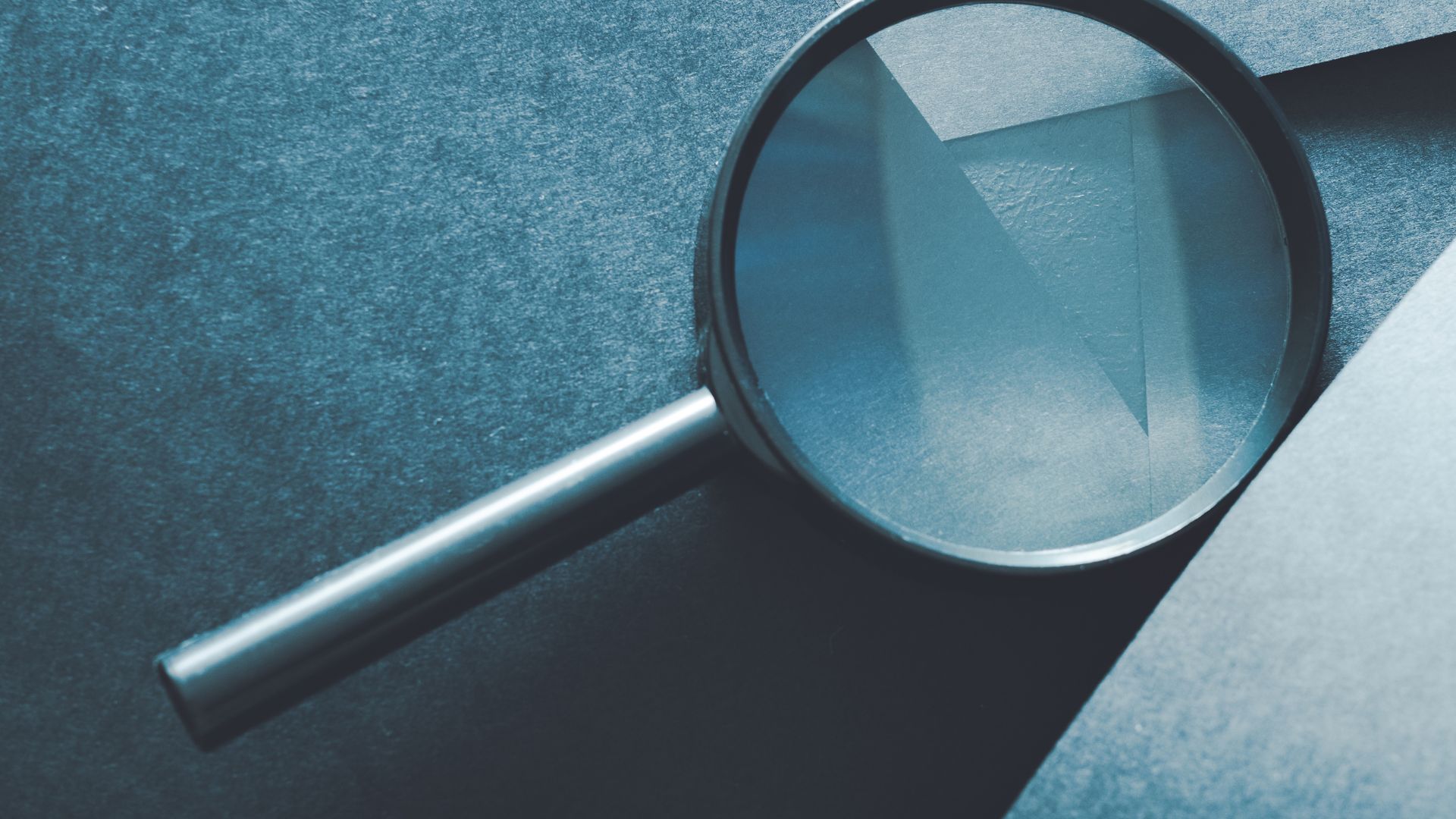5 Reasons Why Accurate Self-Assessment is Crucial for Personal and Professional Growth

Joe has been fired from his managerial job for the 4th time. They say he has received too many complaints, from his superiors, colleagues, and team members.
At least he has lasted a year in this one.
Joe feels that luck is not on his side whenever he works with people.
He thinks that this is because most people are jealous of him. And now, he can feel that his coworkers and superiors are secretly jealous of him too. He feels so because they tend to find fault in almost everything he does. His superiors and workmates told him that he was not teachable and argumentative, with which Joe really disagrees.
"How could I not be argumentative when they don't accept that I'm right?" Joe would say in his defence.
Joe feels that he is more skilled and intelligent than his coworkers and supervisors. He feels insulted whenever his ideas get rejected or corrected.
He feels that there is something wrong with the people he is working with.
Joe didn't realise that he was the one with the problem.
Are you like Joe?

There are many people in the workplace who are like Joe. They do not have an accurate assessment of themselves.
People like Joe want to keep their best foot forward, and if there isn't a good foot, they wear their best foot gear to appear good. They take pride in not seeking assistance from others, even when necessary. Their overachievement causes them to establish unreasonable or unrealistic goals for themselves and others.
In a team, others may find them uncooperative and overly competitive. Their strong desire to be the star drives them to over-perform and to overshadow the contribution of others.
Whew! What a struggle that kind of person undergoes as they pretend to be who they are, just to be not accepted.
Does it sound like they are too hard on themselves? Wait until you learn how hard they can also be on others:
As a leader, it unnerves them not to be in control. They push others hard to perform but then take the credit for their achievements. And if they are not confident with their performance, they micro-manage instead of delegating. If anything goes wrong, they quickly reject criticisms and blame them on others.
This kind of leadership stagnates the growth of those under them, and consequently, the whole team suffers.
Indeed, people who are like Joe are challenging people to be with. Because of this, they have difficulty keeping and maintaining their jobs and their relationships.
And the sad thing is, they are not aware of it, and when confronted about it, they refuse to accept feedback.
How about you? Are you sure that you have an accurate assessment of yourself?
Well, it’s OK if you don't answer this with a "YES" just yet because most of us can't be entirely sure if we have assessed ourselves correctly.
So, to correctly assess yourself, you need to develop the competency of Accurate Self-Assessment.
What is "Accurate Self-Assessment"?

Self-assessment is critical for personal growth and development and is especially important for leaders.
Having accurate self-awareness allows you to have a better understanding of your strengths and weaknesses. It also enables you to identify areas for improvement and ultimately become more effective in your role.
Let us further explore the importance of having accurate self-assessment by looking at how it can impact your professional and personal life:
1. Improved performance

An accurate self-assessment helps you figure out what you're good at and what needs improvement. This helps you work on your skills and do things differently in your role. For example, if you realise you need to improve your communication, you can join a training program or find a mentor to help you. Regular self-assessment lets you keep track of your progress and make changes as they are needed.
2. Increased Self-Awareness

Assessing yourself can give you a clearer picture of who you really are, including your values, beliefs, motivations, and habits. This new level of self-awareness will influence your choices, interactions with others, and your overall leadership approach. For instance, if you discover that you tend to act quickly without much thought, you can take steps to slow down your decision-making, taking time to think before acting, and consider getting input from others.
By gaining a deeper understanding of yourself, you have a chance to improve your personal and professional relationships and be a more effective leader.
3. Improved Communication Skills

Self-assessment helps you communicate more effectively by understanding your communication style, strengths, and areas for improvement. Improving your communication skills will lead to stronger relationships with others.
As a leader, your team will be more likely to understand and support your goals when you communicate them clearly. For instance, if you recognise that you tend to overuse technical language, you can work to simplify your words and make them more understandable.
4. Healthier Relationships

Knowing yourself leads to stronger and healthier relationships. When you understand your habits, tendencies, and communication style, you can make changes that improve your connection with others. For instance, if you realise you tend to be a little perfectionistic, you can be more patient with others and adaptable to new ideas.
5. Continuous Growth

Self-assessment is a journey, rather than a one-time event. It helps you keep learning and growing. By assessing yourself regularly, you will identify areas to improve, set new goals, and take steps to grow. For example, if you want to be better at thinking strategically, you can attend workshops, read books, or find a mentor. Self-assessment empowers you to keep improving your skills and knowledge, therefore, helping you become a great leader.
Developing Accurate Self-Assessment

So, now you know all its benefits, how do you develop this key competency? Here are a few things to consider:
- Accept feedback and criticism without getting defensive.
- Be interested in new insights and learning.
- Be open to growth and improvement.
- Take self-assessment tests to learn about your strengths and weaknesses.
- Seek out and listen to others' insights on your strengths and weaknesses.
- Be open to trying new things and making mistakes.
- Be realistic about taking on new projects or tasks.
This quote from John Wooden sums it up well: "Without proper self-evaluation, failure is inevitable."
Accurate self-assessment is crucial to your personal and professional growth. It reveals to you your strengths and weaknesses, helps you keep track of your progress, lets you set the right development goals, and keeps you on track by identifying any roadblocks that are stopping you from moving forward.
Today is the best day to start developing a more accurate self-assessment and take control of your future. Are you ready to get started?
We Are Here to Help
At People Builders, we have a team of expert trainers and coaches who can help you and your team with developing this and many other competencies.
Contact us today for a quick chat to see how we can partner with you to train and coach you and your team.
If you want to become a certified trainer and coach in Social and Emotional Intelligence or Extended DISC Behavioural Profiling, find out how on our People Builders Institute website.
Let's start a conversation!
Contact us to see how we can partner with you to bring out the best in your people.
We hate SPAM. We will never sell your information, for any reason.



